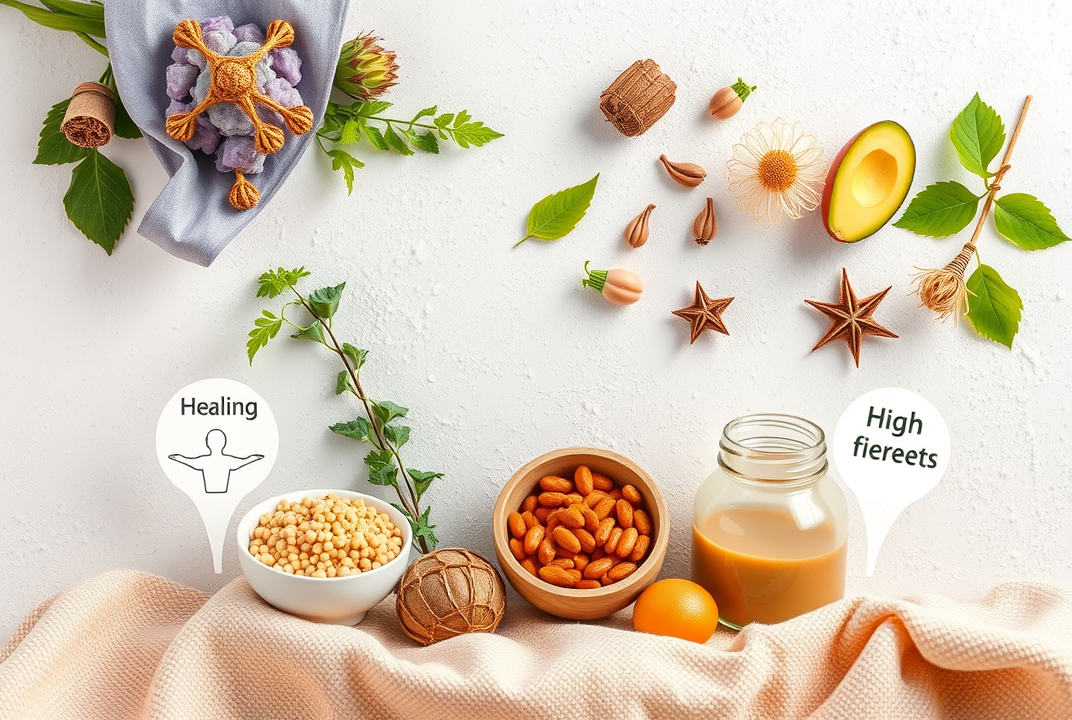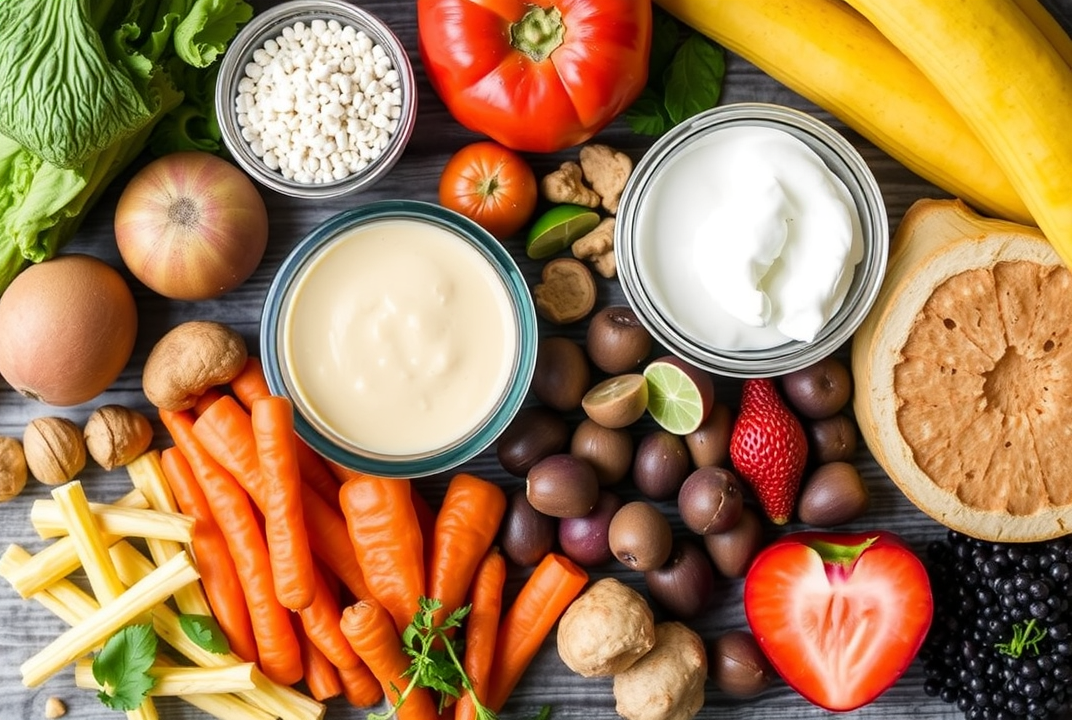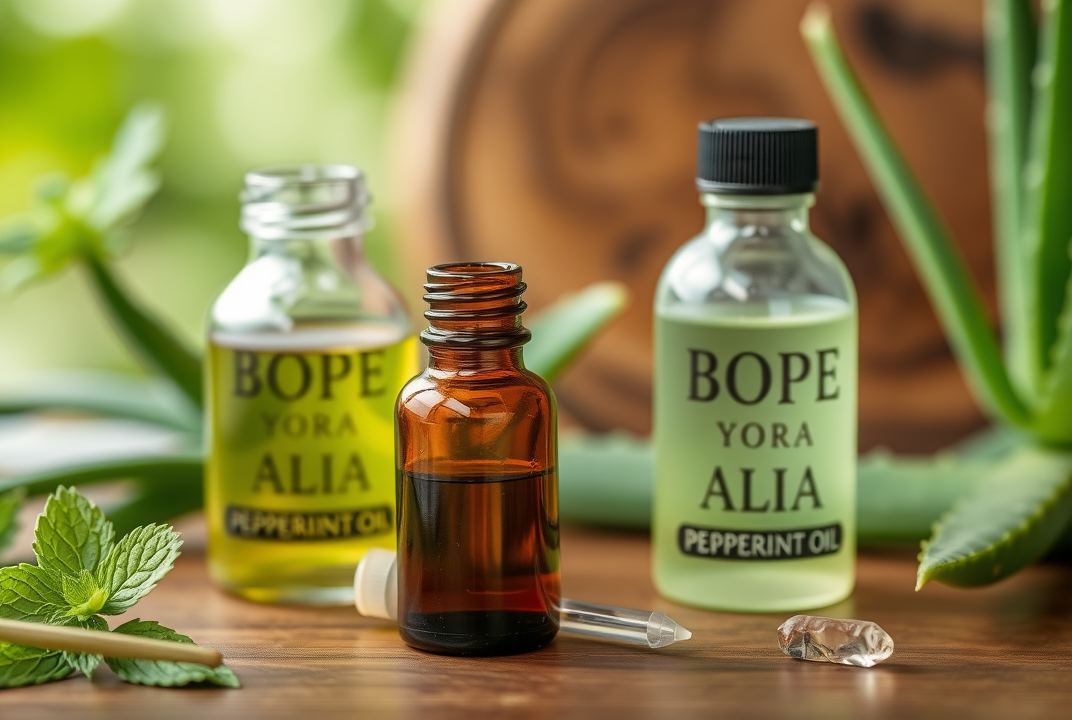Natural Approaches to Manage Diverticulitis Flare-Ups

Alternative Therapies for Diverticulitis Flare-Up Relief: Exploring Natural Approaches
Introduction
Did you know that up to 35% of people over 50 years old experience diverticulosis, which can lead to painful flare-ups? Diverticulitis occurs when small pockets in the digestive tract, known as diverticula, become inflamed. While conventional medical treatments are effective for many, some individuals seek relief through alternative therapies. This article explores natural therapies that may offer comfort and healing for those experiencing diverticulitis flare-ups.
Understanding Diverticulitis: A Brief Overview
Diverticulitis involves inflammation of diverticula in the lining of the digestive system. These pockets form due to increased pressure, particularly in the lower intestine. Symptoms include abdominal pain, fever, and digestive disturbances. Medication and surgery are often recommended for severe cases, but alternative options may complement traditional treatments.
1. Dietary Adjustments
High-Fiber Foods
Increasing fiber intake is crucial for individuals with diverticulitis. Consuming fruits, vegetables, and whole grains can promote healthy bowel movements and reduce flare-ups. For example, apples, carrots, and brown rice are excellent fiber sources. Deliberately incorporating these foods into daily meals can aid digestive health and alleviate symptoms.
Probiotics
Probiotics contribute to a healthy gut by promoting beneficial bacteria. Yogurt, kefir, and fermented foods such as sauerkraut can enhance gut health and potentially prevent flare-ups. Adding natural probiotic supplements to one's diet can also support the digestive system effectively.

2. Herbal Remedies
Peppermint Oil
Peppermint oil has soothing properties that may alleviate digestive cramps and pain. It relaxes the intestinal muscles, providing relief during flare-ups. Using enteric-coated peppermint oil capsules may offer an effective way to deliver this herb into the intestines.
Aloe Vera Juice
Known for its anti-inflammatory properties, aloe vera juice may provide temporary relief from inflamed diverticula. Consuming it in moderation and monitoring its effects can enhance healing.

3. Mind-Body Techniques
Yoga and Meditation
Stress levels often affect gastrointestinal health. Engaging in yoga and meditation can promote relaxation and reduce stress-induced flare-ups. Simple breathing exercises or guided meditation sessions improve overall well-being.
Acupuncture
Acupuncture is believed to balance the body's energy, which may reduce digestive disturbances related to diverticulitis. Scheduling regular sessions with a certified acupuncturist could provide relief from chronic symptoms.

Addressing Concerns and Considerations
While exploring alternative therapies, it's vital to consult healthcare providers for informed decisions that complement existing treatments. Monitoring symptoms and tracking changes can offer insights into the effectiveness of these therapies.
Conclusion
Adopting alternative therapies requires careful consideration and commitment to lifestyle changes. From dietary adjustments to herbal remedies and mind-body practices, individuals with diverticulitis may find solace in holistic approaches. Consultation with professionals is essential to tailor these therapies to one's unique health needs. Embracing a mix of these strategies can lead to better management of diverticulitis and improved quality of life.
For those eager to explore these therapies, initiating dialogue with healthcare providers and conducting personal research serve as valuable first steps. Whether it's enhancing your diet or embracing stress-reduction practices, alternative therapies can offer new paths to comfort and relief from diverticulitis flare-ups.